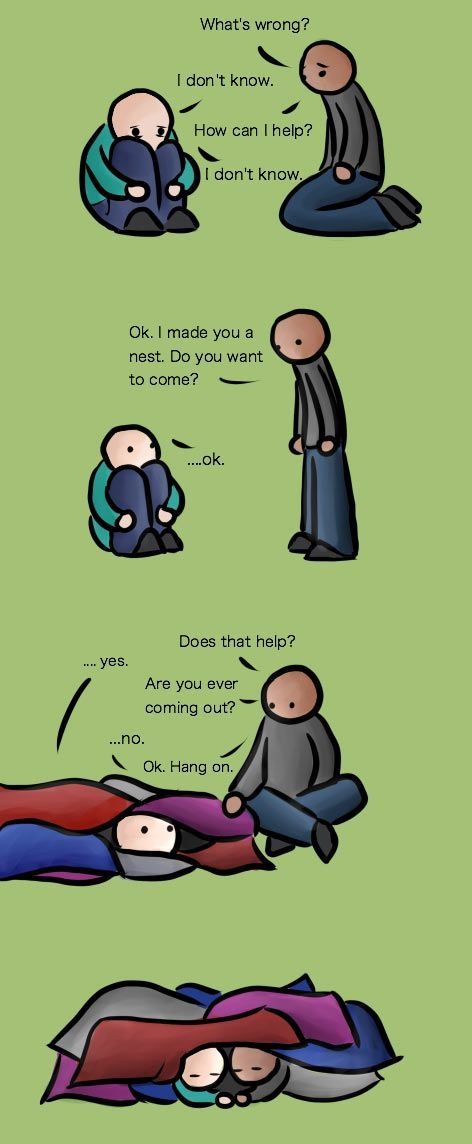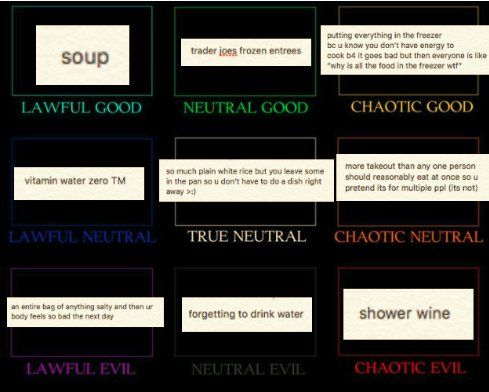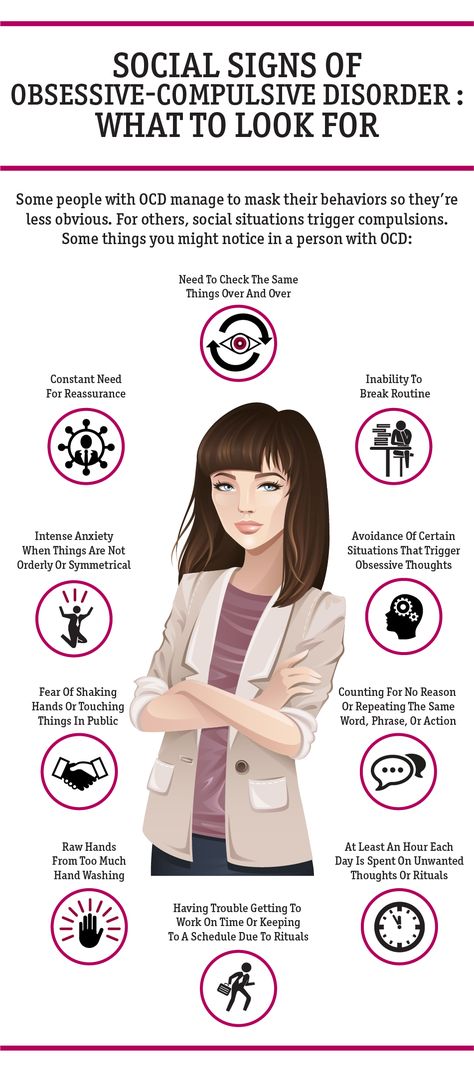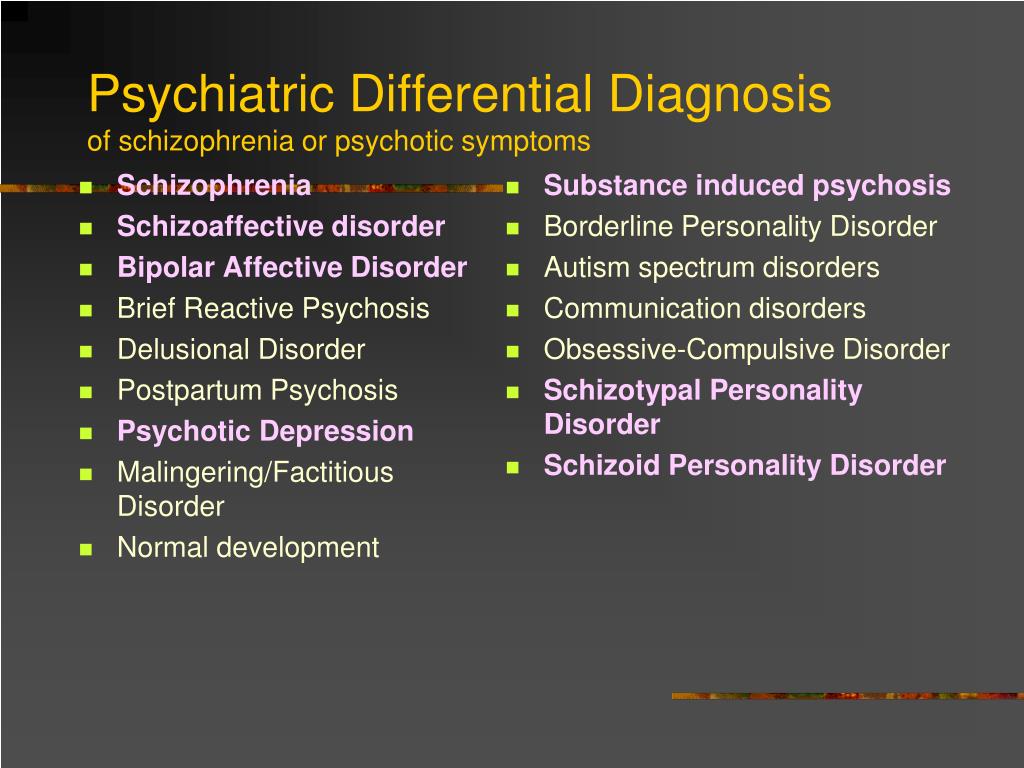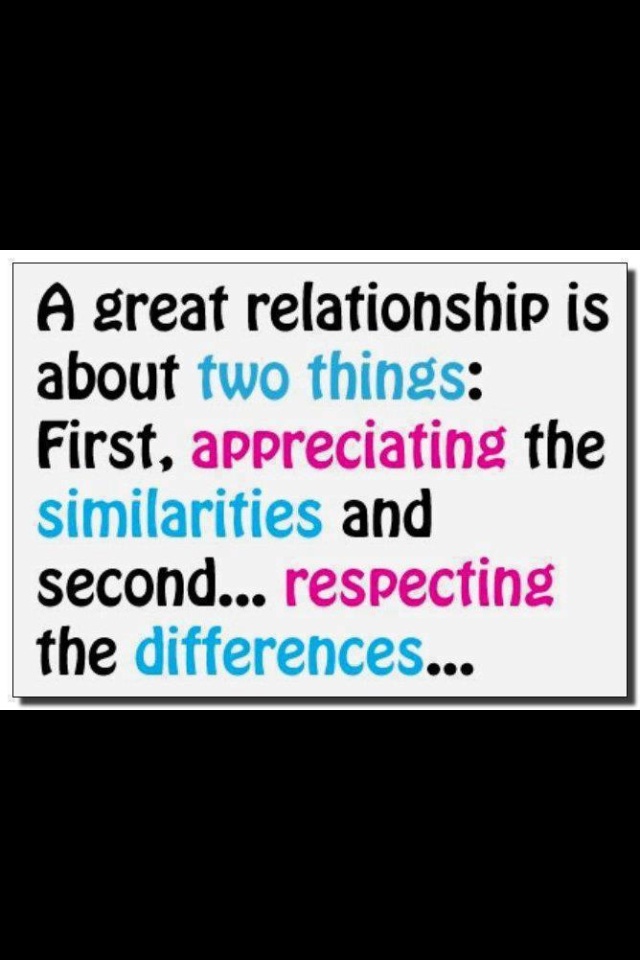Gaslighting in marriage
Gaslighting: How to Recognize Your Spouse’s Manipulative Behavior
Hossein Berenji, Apr 14, 2021
Divorce can be a very difficult process for a person. However, someone who has been “gaslighted” by their spouse may experience additional challenges when seeking a divorce. They may be unsure of themselves and their reality, making it even more challenging to get out of a toxic marriage.
What Does Gaslighting Mean?
Gaslighting is a term taken from a 1938 play entitled Gas Light. In the play, a husband tries to make his wife think she is losing her mind. He does many things to make his wife doubt her own senses and reality, including turning down the gas lights at their home. He would deny that he noticed anything, making his wife doubt herself.
The term gaslighting became popular in the 1960s. It is used to describe the manipulation of another person’s perception of reality.
Gaslighting is a common tool used by narcissistic and abusive spouses to control their partners. When done correctly, gaslighting can make a spouse doubt their own senses and memory. A spouse that is the victim of gaslighting may appear to have emotional or mental disorders.
How Can Gaslighting Be Used Against a Spouse in Family Court Matters?
Gaslighting makes you doubt your reality. It can make you believe that you are at fault for the breakup of your marriage. In an abusive marriage, gaslighting can make you more dependent on your spouse and separate you from family and friends.
Gaslighting can destroy your self-esteem. It can make it easier for your spouse to manipulate you into accepting a property division settlement or child custody agreement that is not in your best interest. It may make a judge, therapist, counselor, or child advocate believe that you are not fit to have custody of your children.
Are There Signs That You Are a Victim of Gaslighting?
Gaslighting can be subtle. It may accompany domestic abuse, including verbal, emotional, financial, sexual, and physical abuse.
Some of the signs that your spouse may be trying to gaslight you include, but are not limited to:
Manipulating Your Emotions and Feelings
Your spouse makes comments that initiate conflict between you and your spouse. The comments may also cause conflict between you and your family and friends. In all cases, your spouse believes they are right.
This type of gaslighting aims to isolate you and make you more dependent on your spouse. For example, your spouse may tell you that your boss is hitting on you, and you enjoy it. He may give you an example of your boss giving you flowers for your birthday.
You know the gesture is innocent and that your boss is not hitting on you. However, your spouse continues to bring the matter up until you ask your boss. Your boss denies that he is interested in you in any manner other than a professional relationship.
When you tell your spouse, your spouse accuses your boss of lying. Your spouse says that he loves you and you should trust him. He would never lie to you.
He would never lie to you.
Constantly being told that other people are lying to you and your spouse is the only one you can trust can make you doubt other people’s intentions. It makes you rely on your spouse and doubt your feelings and perceptions.
Proof Does Not Matter
Your spouse denies accusations, even when you have proof they are lying to you. No matter how much proof you might provide, your spouse remains calm in the face of the proof and continues to deny the allegations. When you become upset, your spouse points out that you are hysterical and seeing things incorrectly.
A gaslighting spouse may create a different scenario to explain the situation. They may create an alternative set of facts that are just plausible enough to make you doubt yourself. They may accuse you of being paranoid and shift the blame to you for the situation.
Blaming You for Their Poor Behavior
Gaslighting spouses turn the tables and blame you for their poor behavior. They distort the narrative to make you appear to be the one mistreating them. For example, if you work overtime, you neglect them and do not want to spend time with them. Therefore, you must be having an affair.
They distort the narrative to make you appear to be the one mistreating them. For example, if you work overtime, you neglect them and do not want to spend time with them. Therefore, you must be having an affair.
Divorcing a Gaslighting Spouse
It can be tough to summon the courage to begin divorce proceedings. If you believe your spouse is gaslighting you, you may want to seek help from a therapist or counselor.
For domestic abuse, including emotional and mental abuse, you can reach out to the California Department of Public Health (CDPH) or The National Domestic Abuse Hotline.
A Los Angeles family lawyer can also help you develop a plan to leave an abusive marriage while maintaining your safety. The first step is to seek professional help.
15 Signs of Gaslighting in Relationships and How to Deal With It
In This Article
Maybe you are being gaslighted by someone close to you. Gaslighting is common in intimate relationships, the workplace, and even in society.
To avoid experiences of gaslighting in relationships, it is essential to overview signs of gaslighting and understand the psychology behind gaslighting in relationships.
Gaslighting typically happens gradually in any relationship, and things may seem harmless at first. The abused partner may remain completely oblivious to the signs of gaslighting at first.
This article will discuss signs of gaslighting to help you come out of the gaslighting abuse and reestablish your lost self-belief.
What is gaslighting in relationships?Gaslighting refers to a technique in which a person makes a victim continuously question their reality to gain increasing power.
Often, it is practiced by entities as well. Plus, it is quite an effective technique.
Anyone can become a victim of gaslighting, and it is commonly used by cult leaders, narcissists, dictators, and abusers.
However, since it is done gradually, the victim hardly realizes that they have been brainwashed.
Gaslighting in relationships is a psychological method to manipulate another individual’s thoughts by seeding doubts to create a delusion.
It is done to gradually create a different perception of the world based on the controller’s interpretation. Gaslighting in relationships sounds like an espionage weapon used during a psywar operation. In a way, it is.
What does gaslighting mean, and why do people do it? Civilizations are built upon relationships between people, structured for organization and control. Some people want to be the ones in control.
Related Reading: Am I Being Gaslighted?15 signs someone is gaslighting you
You can spot it with a few evident signs of gaslighting that will help you spot and shut out gaslighting.
Some of these signs of gaslighting in a relationship include:
1. Lies, lies, and liesThe person taking part in gaslighting often only tells blatant lies, and you’re aware that whatever they’re spewing out of their mouth is a blatant lie. Yet, they continue to lie to you while keeping a straight face.
Yet, they continue to lie to you while keeping a straight face.
However, this is their technique of gaslighting in relationships. They’re setting up a precedent, so once they lie to you, you’ll have your doubts.
You won’t be sure if whatever they say is true or not. Their primary goal of gaslighting in marriage or a relationship is to keep you unsteady and doubtful.
Related Reading: How Lies in a Relationship Can Tear Apart Even the Closest of Couples2. They deny they said something despite proof
There will be cases where you are sure they said they would do something. Still, they outright deny saying anything at all. As a result, you start to question everything.
You think, what if they never said such a thing?
And the more frequently this occurs, the more you start to question your version of reality and become susceptible to accepting their version.
3. They always use ammunitionPeople partaking in gaslighting use things or people near you and then use it as ammunition. For instance, they are aware of the importance of your identity and kids.
For instance, they are aware of the importance of your identity and kids.
So, they’ll start by attacking those. That’s one of the key signs of gaslighting in close relationships.
If you have children, they might tell you that it was a bad idea to have them. Essentially, they start attacking the foundation of your very being.
4. Being around them is excessively tiringThe most dangerous thing about gaslighting is that it is done gradually over time.
There will be a snide comment often or a lie occasionally. That is one of the prominent symptoms of gaslighting.
It starts to pile up with time, and even the most self-aware people are sucked into it. This only proves its effectiveness.
5. What they say and do are oppositesOne sign of a person that gaslights are that their actions and words differ.
So, to stay away from such entities, you should look at their actions instead of their words.
Whatever they say doesn’t mean anything and should be ignored. It is their actions that should be given more attention.
It is their actions that should be given more attention.
Entities that gaslight will sometimes give out positive reinforcement to leave you highly confused.
So, how to recognize gaslighting? The same entity that attacked your morals and foundations will praise you for something.
This only increases your sense of uneasiness and makes you believe that they aren’t too bad.
However, this is the worst of techniques.
Throwing in positive reinforcement only throws you off the radar and makes you question your reality again.
Plus, whatever they praised you for is also important to note. It might just serve the gaslighter.
7. They use confusion as people’s weaknessEntities and people that use gaslighting techniques are aware that people love having their sense of normalcy and stability.
For this reason, their primary goal is to uproot the state of normalcy and question everything continuously.
It is human nature to look up to the person who helps you feel stable, and that person happens to be the gaslighter.
8. They use leverageThey will hold what you hold dear hostage and will not hesitate to use them if you do not adhere to what they want you to do.
9. Battle of willsThey will try to wear you down over time. You will slowly start to lose the will to fight or question what they are doing wrong.
10. They will use positive and negative reinforcementWhen they want to control you, they will do something or the other to make it happen. They will use positive and negative reinforcement – anything that works to have some control over you.
11. They projectThey project their insecurities, thoughts, and problems in their behavior towards you. This keeps you defensive and perpetually anxious about their actions.
12. They isolate youOne of the clear signs of gaslighting is when they isolate you from the people closest to you. They tell you things about them that make you question your relationship and trust with them. They do not let you communicate or hang out with these people, gradually causing you to isolate yourself from them.
They tell you things about them that make you question your relationship and trust with them. They do not let you communicate or hang out with these people, gradually causing you to isolate yourself from them.
Related Reading: How to Get Out of a Controlling Relationship13. Deny your recollection of events
They may deny your recollection of events or memory. When you say something happened a certain way and are sure of it, they may completely deny it, causing you to question yourself.
14. Blame you for everythingThey may blame you for everything that goes wrong around the house, in your relationship, or any other department.
Related Reading: How to Deal With Someone Who Blames You for Everything15. Call you names
When you express your concerns about feeling confused, questioned, and anxious due to their behavior, they may call you names such as “crazy,” “overthinker,” or “too sensitive. ”
”
Related Reading: 10 Reasons Why Name-Calling in a Relationship Isn’t Worth ItExamples of gaslighting in relationships
Here are some instances of gaslighting that can occur in your relationship.
- You saw something problematic on your partner’s phone. You confront them about it. They deny it outrightly and call you crazy for snooping.
- You and your partner left home at the same time. You asked them to lock the front door. They forgot about it. When you came back and found the front door unlocked, they blamed you for it.
- You want to go out with your friends for a cup of coffee. Your partner creates situations where you cannot go and tells you things about how your friends do not really like you.
- You are feeling anxious about something. You try to seek comfort from your partner. They tell you you are overthinking and always make a big deal out of minor things.

- You dressed up for an event. They tell you you look bad and point out your insecurities, saying you look fat or too short or that nothing looks good on you.
How to respond to gaslighting? Keep yourself aware of the techniques that gaslighters use.
The more awareness you have, the quicker you can recognize them and avoid falling into their trap.
Also, it is important to not second guess yourself because of their opinions.
It is crucial to seek timely intervention in the form of therapy or counseling from a qualified therapist.
They will view the situation objectively and offer the required help.
They will help you spot the signs of gaslighting, equip you with coping skills, negotiate differences, get you out of the destructive gaslighting abuse and help you start afresh and never look back.
Also, watch this video on how gaslighting affects your mental health.
Remember, you are not crazy.
How to stop gaslighting in a relationship?Here are a few things to keep in mind for surviving gaslighting:
- Be alert to recognize undermining behavior patterns.
- Do not take such behavior personally.
- Do not push them to change their behavior. Seek professional help.
- Rethink your commitment to the relationship.
- Have a support system in place.
- Ground yourself to reaffirm your self-esteem.
Gaslighting in relationships is one of the most excruciating experiences which can shackle your self-belief and sanity.
If the article resonates with you, and you feel you are a target of persistent manipulation and brainwashing by a loved one or an entity at work or so time to take this bull by horns and break free.
Reclaim your identity and self-worth.
Related Reading: How to Recognize and Handle Manipulation in Relationships
Five Signs of Gaslighting in a Relationship and How to Stop It
Psychology
Psychologists define gaslighting as manipulation to sow doubts in someone's objective perception of reality. The goal of a gaslighter is to convince their partner, relative, friend, colleague, interlocutor that her / his opinion is inadequate to the situation or generally accepted standards.
The concept of "gaslighting" took root in society and professional terminology after the success of the British play Gas Light in the distant 1938th and its subsequent adaptations. In the story, the heroine's husband rearranges and hides things in their common home to create the impression that she is losing her memory and reason. In the evenings, the light of the gas burner in the house fades slightly, but the villain convinces his wife that it only seems to her, while he redirects the light power to another part of the house, where he is looking for hidden jewels.
How to tell if you're being gaslighted
Experts consider gaslighting a form of psychological abuse, the main purpose of which is to devalue a person's behavior, opinion, or intention through ridicule, accusations, intimidation, and banal indifference. Experienced Gaslighter Always Ready:
-
turn the situation around as if you are to blame for everything;
-
make you question your emotional stability, memory, intelligence, adequacy, age and physiological competence;
-
deny feelings and facts that are important to you, unwilling to take them seriously and be supportive.
“Essentially, gaslighting is always associated with a desire for power and control, a need to take over and avoid responsibility,” explains psychologist and trauma specialist Irina Tkacheva. “A gaslighter is always right, and his victim is always the other way around. The reason for the pressure being exerted may be an inability to cope with emotions or low self-esteem, which makes the gaslighter uncomfortable, and he seeks to assert himself at your expense. Such behavior cannot be justified, but gaslighting can be done unconsciously. Those who from a young age have learned the style of control in a relationship, most likely, are not able to realize how negatively their influence on a partner is. Some people torture others for so long that they turn gaslighting into a survival strategy.”
Such behavior cannot be justified, but gaslighting can be done unconsciously. Those who from a young age have learned the style of control in a relationship, most likely, are not able to realize how negatively their influence on a partner is. Some people torture others for so long that they turn gaslighting into a survival strategy.”
Here are a few signs to look out for in order to identify (or not) you are a victim of gaslighting.
1. You are losing yourself
Of course, every relationship has its own problems, which from time to time hint to us that it is time to rethink our behavior. However, when you begin to doubt your own needs, interests, and vision to the point where you seem to lose your individuality, this is a clear sign of gaslighting. Moreover, this is the most destructive aspect of this format of communication.
2. They don't hear you (and don't want to hear)
When you constantly notice that your partner interrupts you, ridicules your point of view, or listens half-heartedly during a showdown and other serious conversations, take this as a signal to think about your compatibility. “If you want to convey your idea to your partner, you slander or write long messages instead of expressing them directly, you are looking for ways to get through to your loved one, adapting to gaslighting,” adds Irina Tkacheva.
“If you want to convey your idea to your partner, you slander or write long messages instead of expressing them directly, you are looking for ways to get through to your loved one, adapting to gaslighting,” adds Irina Tkacheva.
3. Your feelings are being ignored
Another sign is when you share your feelings with a partner and he/she responds by saying that you are wrong or too receptive. “By convincing you that you should think or feel differently, the loved one confirms their unwillingness to take responsibility for your experiences, demonstrating a clear talent for gaslighting,” confirms the psychologist. - It is easy to predict the next stage in the development of events: you will begin to torment yourself with self-criticism and suppress feelings for the sake of your partner’s opinion. No one deserves such a sacrifice, it is simply unacceptable. In the context of a healthy relationship, you can always defend your personal views, feelings and ambitions, and the partner is ready to listen to any of your doubts/experiences and help get rid of them. ”
”
4. Difficulty expressing opinions
It is common for a gaslighter to place the blame on others or circumstances—including any fights, hitches, tardiness, and personal mistakes/failures. According to the psychologist, in order to prove his case, the gaslighter is ready to suggest that events developed differently than you thought. At the same time, any objections on your part will run into a blank wall of misunderstanding, which over time will make it impossible to freely exchange views and sincere expression of feelings, and hence happiness in a relationship.
5. You start believing you're not good enough
In a long-term toxic relationship, someone under constant gaslight attacks sooner or later comes to believe that he/she is the problem. Negative suggestions penetrate the subconscious and gradually lead you to the conclusion that in fact you are not good enough and are literally to blame for everything. “Objectively, this is impossible,” the expert recalls. - In a normal relationship, both partners admit that they make mistakes, and both know how to apologize for them. If responsibility is shifted to one side, this is an indicator of a clear injustice and that the dynamics of the relationship is built around power and control.
- In a normal relationship, both partners admit that they make mistakes, and both know how to apologize for them. If responsibility is shifted to one side, this is an indicator of a clear injustice and that the dynamics of the relationship is built around power and control.
How to stop gaslighting in a relationship
Of course, you should also talk to your partner first, in case she/she doesn't really know what she/she is doing. Keep in mind, if you happen to be lucky enough to pair up with a narcissist, the conversation runs the risk of reaching a dead end and causing even more discomfort. Gaslighters don't really care about your opinions or feelings, and narcissists have no remorse or empathy, which means you'll need megatons of energy to try to convince them of anything.
If the gaslighter is raging in earnest and you physically feel the toxicity of what is happening (you are absent-minded, always on your nerves, and your heart is ready to jump out of your chest as soon as you start a conversation with a sweetheart), but you cannot resist it - run. No extra talk. Get out of this relationship - the sooner the better. Yes, this is not an easy step, but necessary for self-defense and dignity. Don't forget that control is a key marker of gaslighting. Prepare for the fact that your escape will be accompanied by powerful emotional-manipulative attacks. You can’t do without support - ask your friends, sister, mother or psychologist for it.
No extra talk. Get out of this relationship - the sooner the better. Yes, this is not an easy step, but necessary for self-defense and dignity. Don't forget that control is a key marker of gaslighting. Prepare for the fact that your escape will be accompanied by powerful emotional-manipulative attacks. You can’t do without support - ask your friends, sister, mother or psychologist for it.
“Whether you choose to stay or leave, professional help is important in understanding your attachment patterns,” Tkacheva argues. - Perhaps you need to not just get out of your current relationship, but change your lifestyle in order to get rid of harmful patterns. It is difficult to immediately determine the essence of the person with whom we fall in love, but by analyzing past relationships, we get a chance to recognize the warning signs that we persistently ignore in the hope of love and a strong connection.
- Photo
- Dronova Olga
The main truth that should be adhered to in the fight against gaslighting is that you are not to blame for what is happening, even if your partner convinces you otherwise. The second point: you don’t need to adapt to such a “one-sided” union, remember your uniqueness and don’t waste this gift in vain. As the expert said, in a healthy, honest, normal relationship, both are responsible for their own behavior, without the need to suppress each other's emotions and desires.
The second point: you don’t need to adapt to such a “one-sided” union, remember your uniqueness and don’t waste this gift in vain. As the expert said, in a healthy, honest, normal relationship, both are responsible for their own behavior, without the need to suppress each other's emotions and desires.
You may be interested in:
Smirnova Natasha
Tags
- Psychology
- relationships
Psychologist's blog: what is gaslighting and how to resist it?
- Elena Savinova
- Psychologist
Author photo, Ayo ogunseinde/UNSPLASH
Despite the romantic origin - from the Oscar -winning film "Gas Light" is not connected with the Uzena, the appearance of Gazlava is not connected with the UNIMU sympathy or love.
Light, which does not warm
This is a kind of subtle psychological violence used intentionally for a long time.
Its purpose is to make a person doubt either the adequacy of his own perception of reality, or the objectivity of the surrounding world in general.
As a result - lose touch with reality, lose confidence in yourself, suspect insanity, fall into despair.
Thus, the hero of George Cukor's film steals jewelry from his wife. But to reassure her that it is only her imagination, she simultaneously makes various manipulations with home lighting.
- Psychologist's blog: is it necessary to get into the soul and phone of a loved one?
The wife, of course, notices that something is wrong, but he claims that it seems the same to her. A puzzled woman who sincerely trusts her husband begins to believe that she is hallucinating.
Skip the podcast and continue
podcast
What did it cost
The main story of the day, how to explain our journalism
Podcast 90
0103 Is it necessary to explain that one can do anything with such an anxious, weak-willed person - also make excuses that everything is done for his own good.Manipulative denial of reality can be related to facts: I have never done such a thing, never said it, again you are making everything up. So are emotions.
For example, parents who are prone to excessive control, trying to accustom a child to the “right” emotions and feelings, often tell him: in fact, you don’t think so. You only think that you want it, but you want something completely different.
A gres s Ores also cry
Parents also often deny physical abuse of their children.
A man considers his wife's tears, which are a normal reaction to his insulting words or actions, to be a manifestation of her depression and advises her to go for treatment.
A girl who claims to be harassed is accused of provoking them or even declared crazy.
Nonconfirmation is another name for this manipulative behavior.
- Psychologist's blog: how to get rid of "fake" emotions?
It belongs to the Scottish psychiatrist Ronald Laing. Given that a person is a social being, he needs others to "confirm" the adequacy of his own actions and views.
The essence of gaslighting is the deliberate refusal to provide such confirmation, the false denial of one's actions and thoughts.
Such a phenomenon is often observed where people are together for a long time - at work, in the family, in children's or adolescent groups.
For example, a wife prefers to silently endure yet another attack of her husband's moral bullying - because she depends on him financially, for the sake of her children, because of the fear of being abandoned.
But that only cheers the gaslighter up. He seeks to unbalance his partner at any cost, and then shift the blame to him for throwing a tantrum again. And thus once again prove their supposedly right - that a woman has mental problems.
- Psychologist's blog: when should you get a divorce?
The need to manipulate, humiliate arises from the unwillingness to admit oneself guilty of worsening relations. Because of low self-esteem, fear of losing a beautiful and smart wife, envy of her success. The cause is often childhood trauma, emotional unavailability of parents.
In their reproaches, in order to annoy more painfully, the aggressors, as a rule, appeal to what a person is not able to change - to age, gender, origin, physiological characteristics.
"How can you behave like that, you're a woman!", "Don't swear in front of children, you're a mother!", "Look at yourself - I'm a prince too!", "With your complexion, you can go without eating for three days" . Familiar after all arguments?
Familiar after all arguments?
Polite rudeness
But gaslighting isn't even loud quarrels or tram swearing.
People who are not indifferent to each other are said to quarrel because of the lack of sharp emotions. But owing to their low culture, they do not know how to experience them in any other way.
Yes, and reconciliation after a storm can be sweet. A healthy "showdown" is when a husband and wife on an equal footing can express to each other everything that has boiled over.
In our case, we are dealing with oppression, an attempt by the psychologically stronger to subdue the weak. Also pass him off as a fool.
This is the ability to say something disgusting with a smile, an open mockery to pass off as caring. Here, insults are not used, but, for example, eloquent silence when the victim enters the classroom or office.
This may be laughter behind one's back and assurances that everything was just heard. Or a fake sympathetic question, why does he or she look so bad, maybe something happened.
Or a fake sympathetic question, why does he or she look so bad, maybe something happened.
Gaslighters are not only spouses or colleagues in relation to each other.
This is how adult children sometimes behave with elderly parents. For example, a daughter says to an old father who wants to help: now our dad will break or burn something again. Or he throws it ironically and condescendingly at his mother: "Mom, have you forgotten how old you are that you put on this dress? The main thing is not to forget now where you are going."
Darkness at the end of the tunnel
Image copyright Cassidy Kelley/Unsplash
Stopping the tug-of-war is enough to counter gaslighting.
Do not check to see if you or your partner did not really say or do what they are trying to convince you. It will only sow unnecessary doubts in the mind.
You need to trust yourself more, develop confidence in your own convictions, the correctness of your actions.
